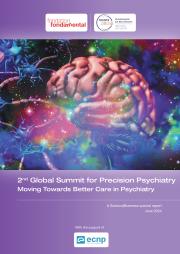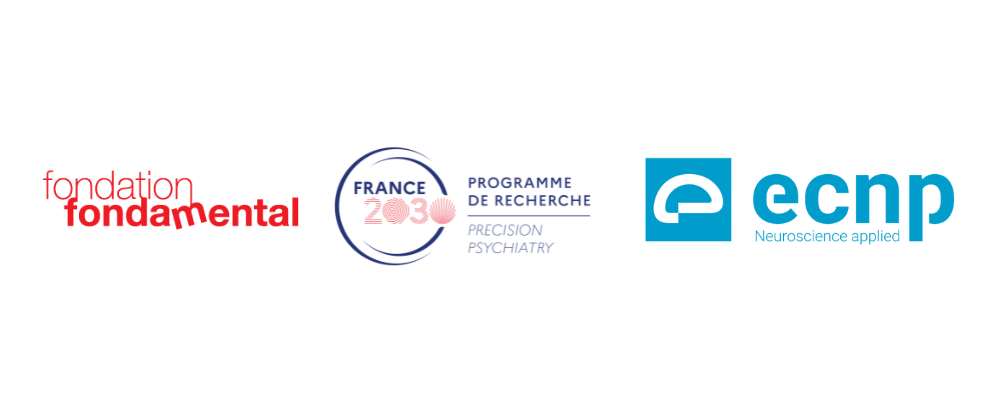A special report detailing the progress, challenges and future directions in personalised psychiatric care highlighting the need for data-driven and patient-centred approaches
Get your free copy

Severe mental illnesses, such as major depression disorders, including treatment-resistant depression, bipolar disorder, and psychotic disorders, are among the greatest challenges of the 21st century. They affect more than one in six people and are the leading cause of disability and the second leading cause of death worldwide. In Europe alone, it is estimated that more than 84 million citizens suffer from some form of mental disorder. As well as causing considerable suffering, mental disorders contribute to a significant increase in somatic co-morbidities, including cardiovascular disease, and account for 22% of the reduction in overall life expectancy. They also have a cost of over €600 billion2, making them more costly than cancer and diabetes combined.
Last year, the European Commission launched a Comprehensive Approach to Mental Health programme, reflecting the growing importance of high-quality and affordable mental health care across the EU.
Current psychiatric treatments are mostly non-specific, and drug development is hampered by diagnostic categories that lack clear pathophysiological boundaries, as well as sensitivity and specificity. Patients are treated with non-specific drugs that have largely been discovered by serendipity and whose mechanisms remain poorly understood. These drugs are only effective in certain groups of patients, and clinicians do not have the tools to predict in which cases they will be effective. There is an urgent need to personalise the treatment for the individual patient instead of relying on trials and errors.
Precision psychiatry represents a different approach to improving the prevention, diagnosis and treatment of psychiatric disorders. It aims to better understand the underlying biological mechanisms of the disease, identify associated biomarkers and develop targeted therapeutic strategies. In simple terms, rather than prescribing generic drugs with uncertain efficacy, precision psychiatry aims to identify the precise biological factors underlying a specific patient's symptoms. This approach allows for accurate diagnosis and tailored treatment of the patient's disorder.
This paper summarises the discussions at the 2nd World Summit for Precision Psychiatry, which took place in Brussels in May 2024. Organised by the FondaMental Foundation in collaboration with PEPR PROPSY (Programme-Project in Precision Psychiatry, France 2030) and ECNP (European College of Neuropsychopharmacology), the event served as an opportunity to share different perspectives on precision psychiatry and to raise awareness of the field and its challenges. The overall aim of the summit was to facilitate open dialogue and discussion between all stakeholders, including regulatory and funding agencies, patient and carer organisations, policy and decision makers, industry and academia.
Sponsored by:


 A unique international forum for public research organisations and companies to connect their external engagement with strategic interests around their R&D system.
A unique international forum for public research organisations and companies to connect their external engagement with strategic interests around their R&D system.